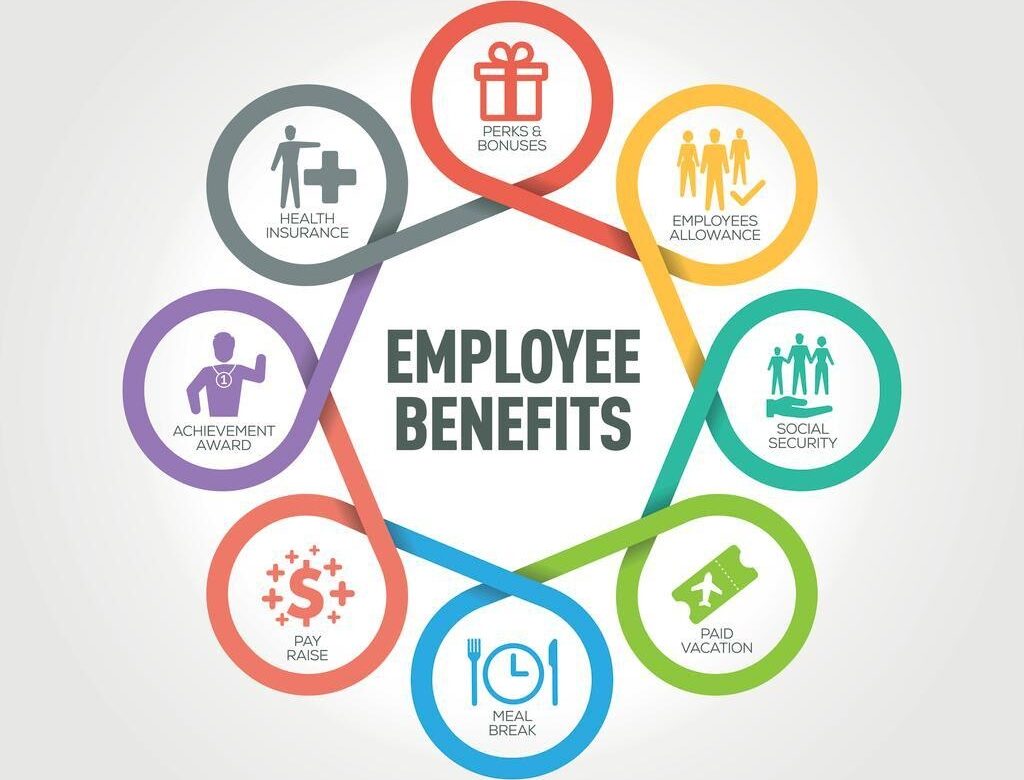Employee benefits play a crucial role in attracting and retaining top talent. Here are 12 common types of employee benefits that HR professionals should be aware of:
- Health Insurance: This benefit provides coverage for medical expenses, including doctor visits, hospitalization, and prescription medications.
- Retirement Plans: These include programs like 401(k) plans, pension plans, and individual retirement accounts (IRAs) that help employees save for their future.
- Paid Time Off (PTO): This benefit includes vacation days, holidays, and personal/sick days, allowing employees to take time off work while still receiving their regular pay.
- Flexible Working Arrangements: Benefits like telecommuting, flextime, and compressed workweeks provide employees with greater control over their work schedules and help achieve a better work-life balance.
- Life Insurance: This benefit provides financial protection to an employee’s family or designated beneficiaries in the event of their death.
- Disability Insurance: It offers income replacement in case an employee becomes disabled and is unable to work temporarily or permanently.
- Dental and Vision Insurance: These benefits cover dental and vision-related expenses such as regular check-ups, corrective procedures, and prescription eyewear.
- Wellness Programs: These initiatives promote employees’ physical and mental well-being through activities like fitness programs, health screenings, counseling services, and stress management programs.
- Employee Assistance Programs (EAPs): EAPs provide confidential counseling and support services for employees facing personal or work-related challenges, such as mental health issues or financial concerns.
- Tuition Reimbursement: This benefit supports employees’ professional development by reimbursing a portion or all of their education expenses when pursuing job-related courses or degree programs.
- Childcare Assistance: This benefit can include subsidies, on-site childcare facilities, or referrals to help employees manage their childcare needs.
- Stock Options and Equity Grants: These benefits allow employees to purchase or receive company stock, giving them a sense of ownership and potential financial gain if the company performs well.
It’s important to note that the availability and extent of these benefits may vary across organizations. HR professionals should assess their employees’ needs and tailor the benefits package accordingly. Additionally, they should stay updated on evolving trends and new benefits options to ensure their organization remains competitive in the job market.
Became a Certified HR Professional. Join Next Innovation Asia, The best HR Training Institute in chennai, we offering Practical HR Courses with Assured Job Support.
Join us to grow your career in HR Domain

